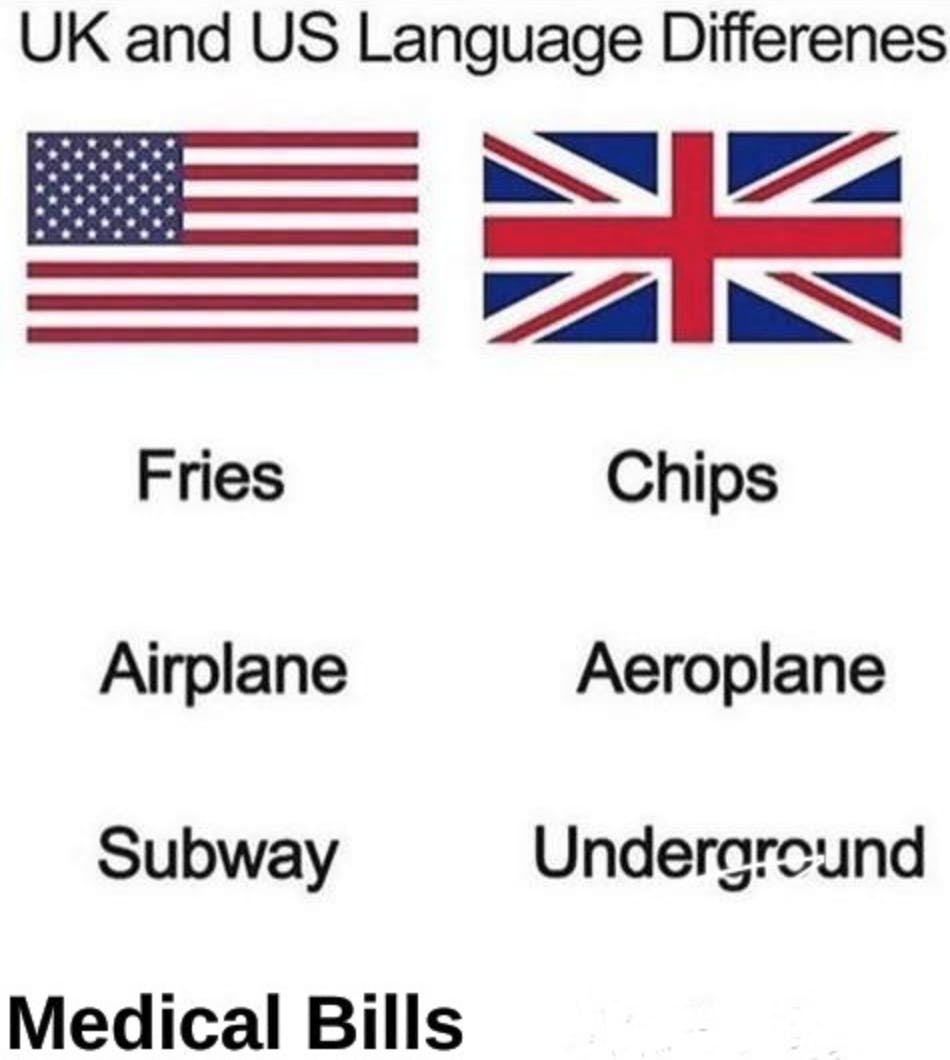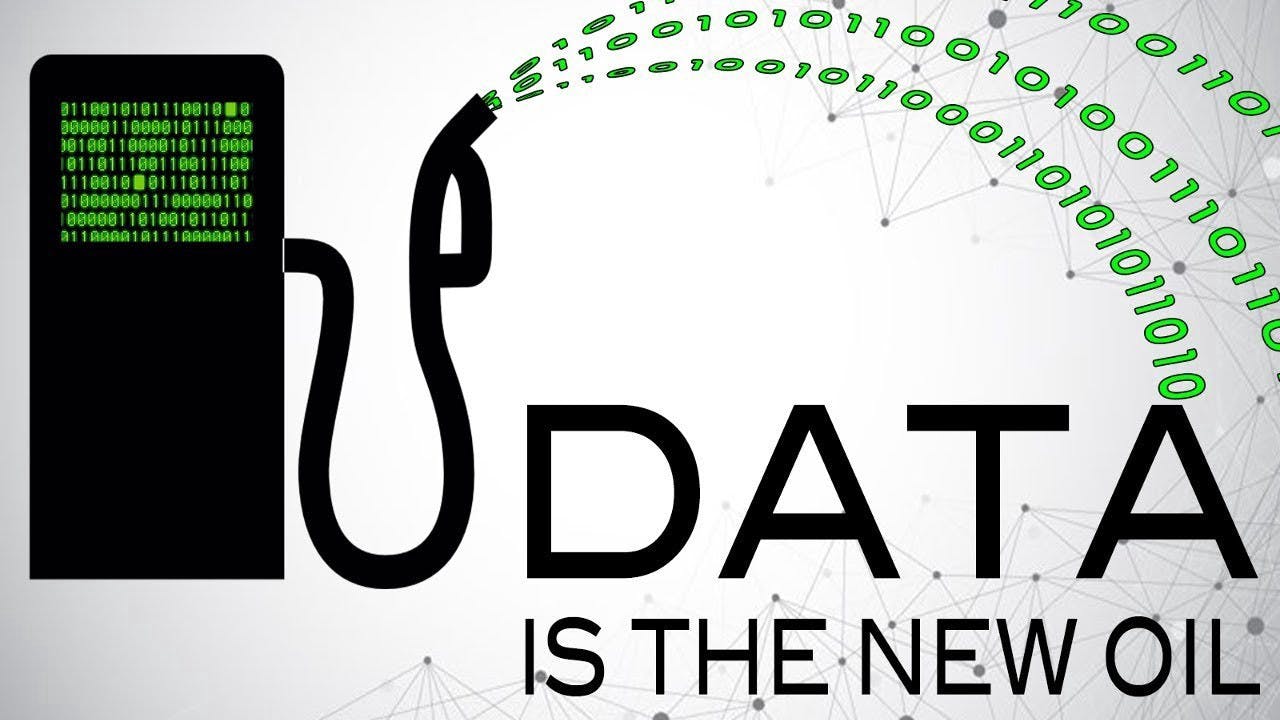First post on the new blog, let's see how it goes...
After my latest post on LinkedIn, I've had a few questions from people about why I chose the UK instead of the US for my Master's. I hope this post clarifies my choice.
Disclaimer: All the opinions below are my own, based on my research and experiences.
Unpopular opinion
To be honest, I was also clueless and confused about where to study when I first started. My first choice of Master's study was the US. I've always believed in the American Dream and the fact that the US is a land of opportunity. However, after observing the recent world events like COVID-19, Black Lives Matter, I feel that the US has become too polarized and is not as safe as it used to be. Many analysts and journalists predict that the US may be on the cusp of civil war and I don't want to get caught in the crossfire.
 Credit: Reddit
Credit: Reddit
The Canada conundrum
When I explored other options, the first one to pop was Canada. On my last trip to Cleaveland, Ohio in January 2018, I had a taste of how Canada (across the Great Lake) feels like. I flew from Bangalore where the weather was around 26° celsius directly to Cleaveland where the temperature was -15°. That is COLD AF! I got to experience the winter in its full glory and decided that it's not for me. I don't know how people brave the winter for months together, they are the real heroes.
The European Union
I've had mixed experiences in the EU. I'm fortunate to have visited Frankfurt in Germany, Amsterdam and Delft in the Netherlands, Paris in France, and Brussels in Belgium over the past couple of years. While my visit to Deutschland and Netherlands went well, my experience in Paris was quite poor. The language barrier and poor perception of Indians and other English-speaking populace only exacerbates the problem. Having said that, I did apply to TU Delft for their MSc in CS program but unfortunately did not get a positive response (curse my Math scores in undergrad).
Why the UK?
By the process of elimination, I narrowed it down to the UK. Everyone speaks English in the UK, so there's no real need to learn a foreign language. I can save quite a lot of time and use it to pursue my other hobbies or sharpen my technical skills. Furthermore, in all the above countries, the Master's program is 2 years long whereas in the UK the course duration is just 1 year. This means less living costs and that's always a benefit for any student. I understand that there's a downside to this. If you pick a generic course like MS in CS, it may be difficult to gain specific knowledge in any one subject in 1 year. That's the reason why UK universities have specialized courses like Data Science, Artificial Intelligence, Cybersecurity - just to name a few. The courses are focused on the subject matter, tailored to suit my needs, and contain exactly what's required. No frills!
The Brexit Advantage
Brexit has created an exodus of skilled workers from the UK and this, therefore, creates a job-market for a qualified and skilled workforce. There's a downside to this as well, but I'll not go into it because quite a few analysts have written detailed opinion pieces on this topic, and I'm no expert.
Why Data Science, now?
This is a no brainer. Apart from the fact that the hottest jobs lie in Data Science, I am truly passionate about topics like data mining, artificial intelligence, computer vision, and neural networks. My fellowship at SAP was a motivating factor to pursue the data sciences. Data is the new oil, ain't it?
 Credit: Medium.com
Credit: Medium.com
On a personal note, after 4.5 years in the industry, I felt now is the right time to take a break and go back to academia. It's just a gut instinct. I feel that now's the time.
Why King's?
King's is part of the Russel Group which is akin to the Ivy Leagues in the US. It ranks 31 in the QS World Rankings. Moreover, it's located in Central London, near the Waterloo underground station which is a nice happening place. The modules offered for the Data Science program include variety and depth. 4 modules are mandatory and 4 are optional, so there's a nice balance of fundamentals and elective choices.
I've selected the following modules:
- Data Mining *
- Big Data Technologies *
- Pattern Recognition, Neural Networks, and Deep Learning
- Simulation and Data Visualization
- Databases, data warehousing, and Information Retrieval *
- Statistics for Data Analysis *
- Computer Vision
Agents and Multi-agent Systems
* - mandatory
Once the course starts, there's an option of changing 2 of these modules, in case they don't suit me. The course overview page has further details and if you'd like to delve deeper, the course handbook comes to your rescue. I had a minor dilemma of choosing between the MSc AI and Data Science programs, but that'll be a separate blog post. Suffice to say that after going through all the modules, Data Science suited me the most and so, I applied for it.
In case of Emergency
Personally, over the past couple of years, staying close to the family has done wonders for my mental health and my professional life. London is just 10 hours away by flight to Bangalore. In case of emergency, it's easier to fly down and spend time with the ones who matter. Comes in handy when you have a sudden strong craving for Masala Dosa or filter coffee too!
 Credit: Boredpanda.com
Credit: Boredpanda.com
Way forward
Any choice has its associated consequences - both positive and negative. Nobody can know for sure how Brexit is going to take shape, or when the pandemic would end. In the meanwhile, all we have control over is our choices. For the moment, I've decided on the UK for my Master's and intend to put my best foot forward, we'll have to wait and watch how it all plays out.